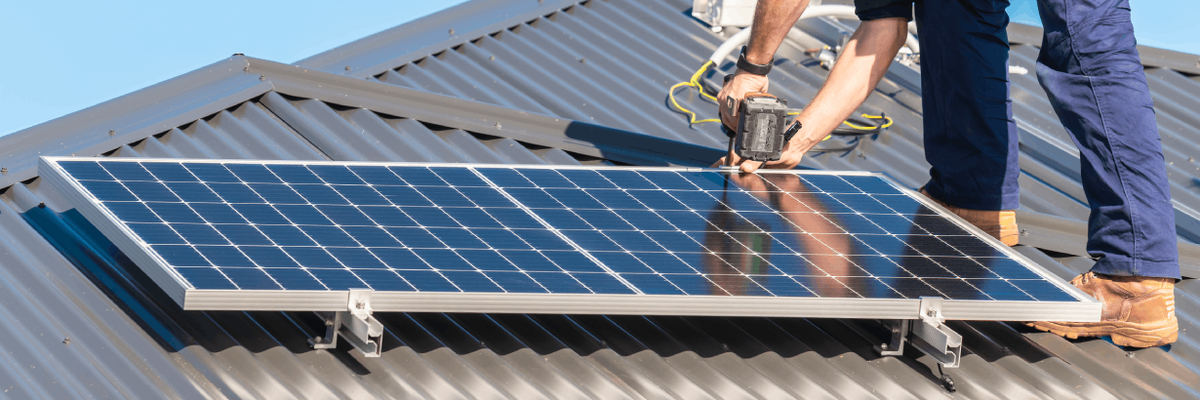Britons believe there’s still time to avoid the worst effects of climate change
More than two-thirds of the public (67%) are worried about climate change and its effects, 62% think it would only be possible avert the worst impacts of climate change with a “drastic change” to the steps already being taken, and around half (51%) believe individuals can make a big difference in the fight to save the planet. But how many are actually willing to do something to help?
When asked what steps they’d be personally willing to take to help tackle the crisis, topping the list for Britons is switching to an energy provider who only uses renewable energy (52% say they’re willing to do so while 14% say they’re already doing this).
That’s followed by a widespread willingness to limit food to that which is produced in the UK, with 55% of people saying they’re willing to join the 5% who say they already stick to home-grown meals.
Other changes Britons are most willing to make (or are already making) to tackle climate change are personally covering the costs of making their homes more energy efficient (50%), switching to an electric car (45%) and only buying clothes second-hand (41%).
But not all of YouGov’s climate-saving suggestions are as popular, with the idea of cutting back on meat and dairy most likely to encounter public resistance.
Britons generally unwilling to give up meat and dairy to save the climate
Giving up entirely on meat and dairy is regularly cited as one of the most significant environmentally-friendly changes an individual can make.
However, fewer than a quarter of Britons are willing to cut meat and dairy from their diet completely (16% are willing while an additional 8% say they are already doing so), while more than six in ten (62%) say they’re unwilling to do so.
And nearly half of the public (45%) are unwilling to pay more for meat and dairy products, despite scientists saying food with a high carbon footprint – such as meat – should come with a heftier price tag. A quarter (25%) would be happy to take on the extra cost, however, while 6% say they already pay a premium.
Most Britons are unwilling to give up flying for fun
Flying abroad for holidays can contribute significantly to the size of an individual’s carbon footprint, but the idea of giving up flying for leisure is not popular among Britons.
Nearly half of the public (48%) are unwilling to give up holiday flights, compared to 15% who say they would never fly recreationally again if it helps to tackle climate change (an additional 9% say they already don’t take any leisure flights).
A third (33%) are willing to pay extra fees to offset the environmental impact of the flights they take and 3% say they already do, though 30% are unwilling to fork out more to fly.
Britons are also divided on whether they’d give up driving to save the planet, with 42% unwilling to trade in their car for walking, cycling or public transport compared to 40% who either already have (15%) or would be willing to do so (25%).
Britons willingness to go green has grown
While many climate-saving suggestions remain fairly unpopular with most Britons, the past year has seen a shift in favour of some.
Among the most significant – and likely to be compounded by a recent stark rise in energy bills – is a growth in the percentage of Britons willing to personally cover the costs of making their homes energy efficient. Between September last year and this October, the proportion willing to do so or already doing so has risen from 41% to 50%.
And as the cost-of-living crisis leaves many Britons with less to spend, there’s also been a jump in the proportion of people willing to only buy their clothes second-hand, growing from 30% who already did so or were willing to last year to 41% now.
While Britons are largely still unwilling to give up on meat and dairy, the proportion who have already done so or would do so to help the climate has also grown over the course of the year from 17% in September last year to 24% this October.
Picture: Getty






